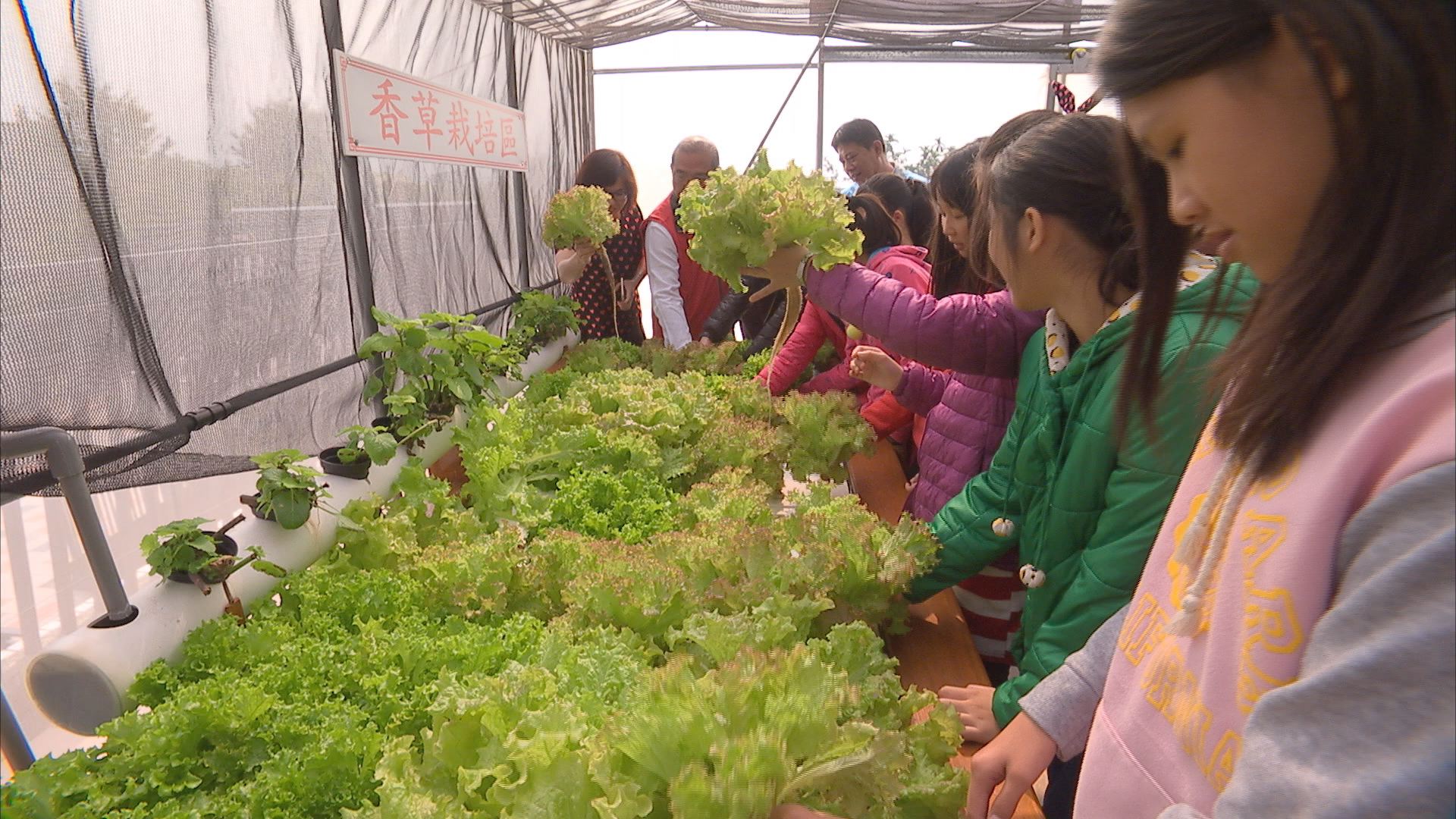Black Soldier Flies Reduce Food Waste
Black Soldier Flies Reduce Food Waste
This article is from:https://ourisland.pts.org.tw/content/2724
Some say it is the most useful insect to humanity after bees. It can rapidly digest both animal manure and food waste. Its manure can be turned into organic fertilizer, and it itself is a high-protein source. Could this tiny insect be the savior that transforms human troubles and provides food sources?
Every night, Lin Hsin-Jen collects a large amount of near-expired food and less desirable fruits and vegetables from convenience stores or supermarkets. These ingredients are still edible. Volunteer chefs come here to cook and prepare frozen meals, which are then sent to disadvantaged families in remote areas. The mission of the Taichung 1919 Food Bank is to cherish food and care for the underprivileged. However, the food bank still ends up with a significant amount of food waste every day. How should this food waste be handled?
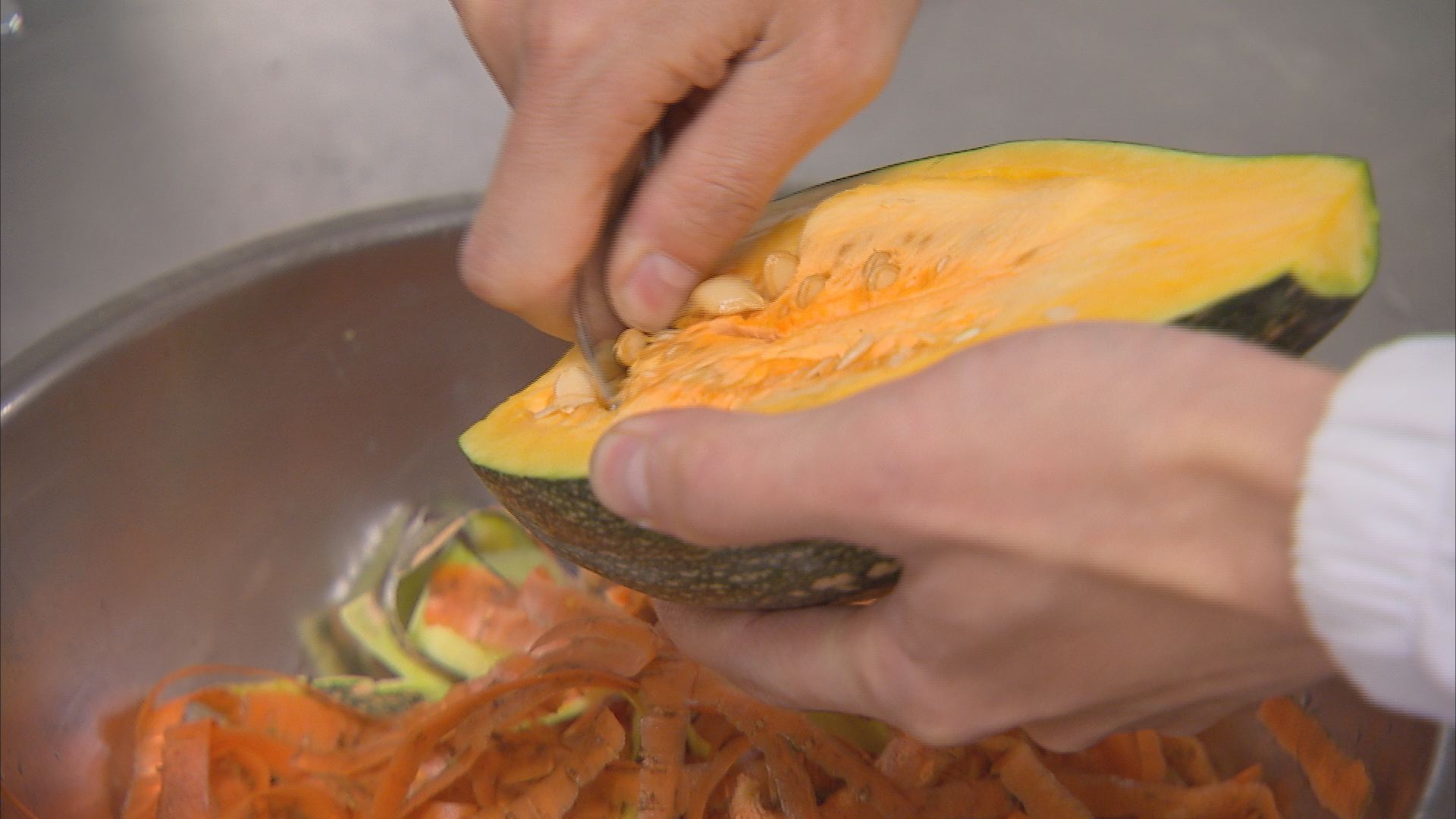
Lin Hsin-Jen originally served as a pastor at a church in Taipei. In 2013, while trying to address the issue of food waste at the church, he unexpectedly plunged into the world of black soldier flies. Through his research, he discovered that black soldier flies are a very special insect capable of digesting food waste or agricultural byproducts in a short period without disturbing animals or harming crops. Later, Lin Hsin-Jen left Taipei and moved to Changhua to help manage a church farm, where he actively engaged in black soldier fly farming.
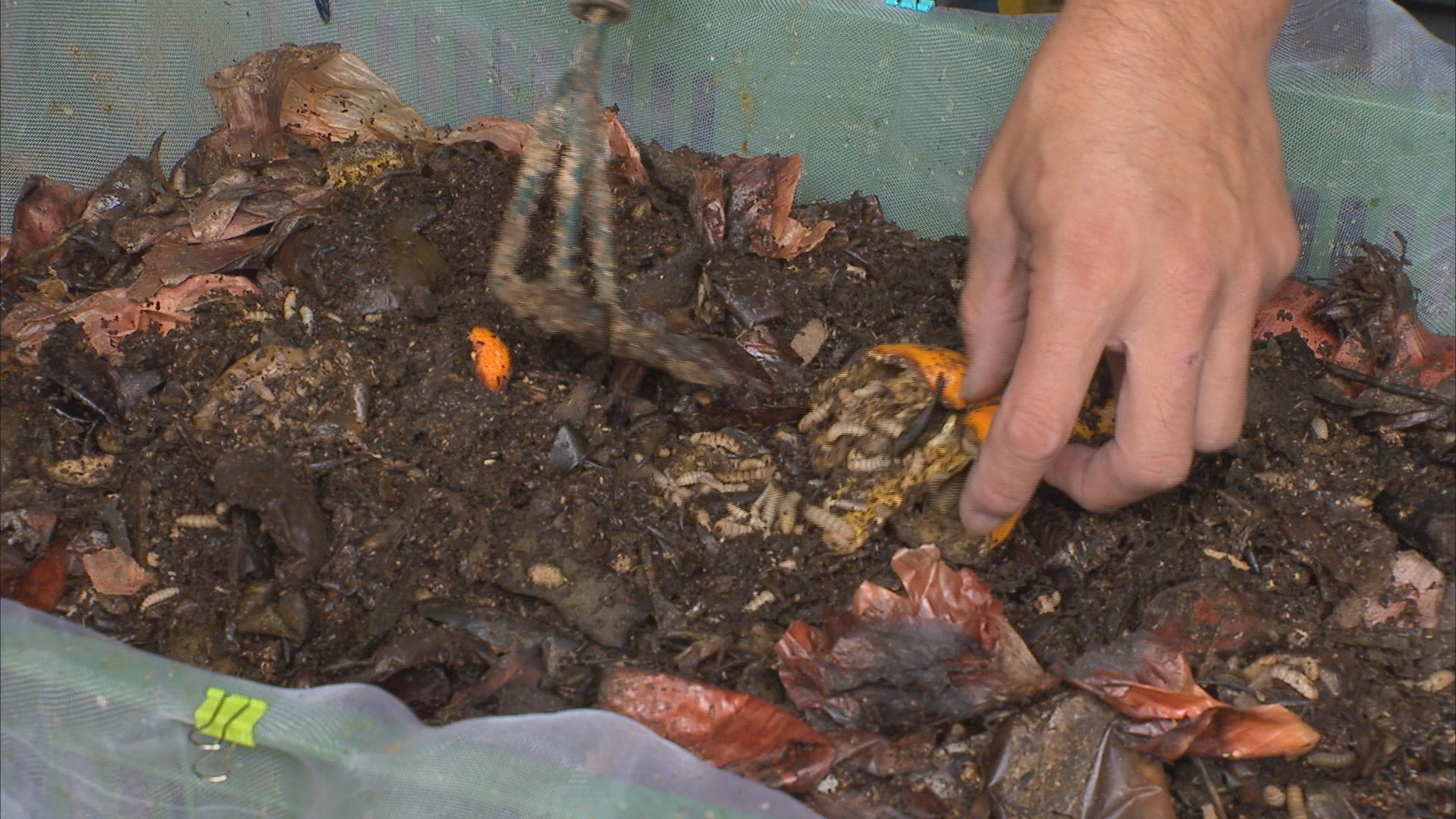
The life cycle of black soldier fly larvae is about eighteen days, after which they pupate, emerge as adults, and transform into mature flies. The larvae prefer to hide in compost, while the adults enjoy sunlight. To breed black soldier flies, Lin Hsin-Jen specially designed a breeding room for them. Adult black soldier flies do not eat anything; they only drink water and live for about seven days. Female flies seek out places with decaying food to lay their eggs, and they die shortly after laying them. According to research, one gram of black soldier fly eggs can process about eight kilograms of food waste during their growth into adults. Studies conducted abroad have found that they possess a natural antimicrobial peptide that can resist bacteria, and there have been no recorded cases of disease transmission. Lin Hsin-Jen feeds the larvae to chickens, and the plump, tender larvae are their favorite meal.
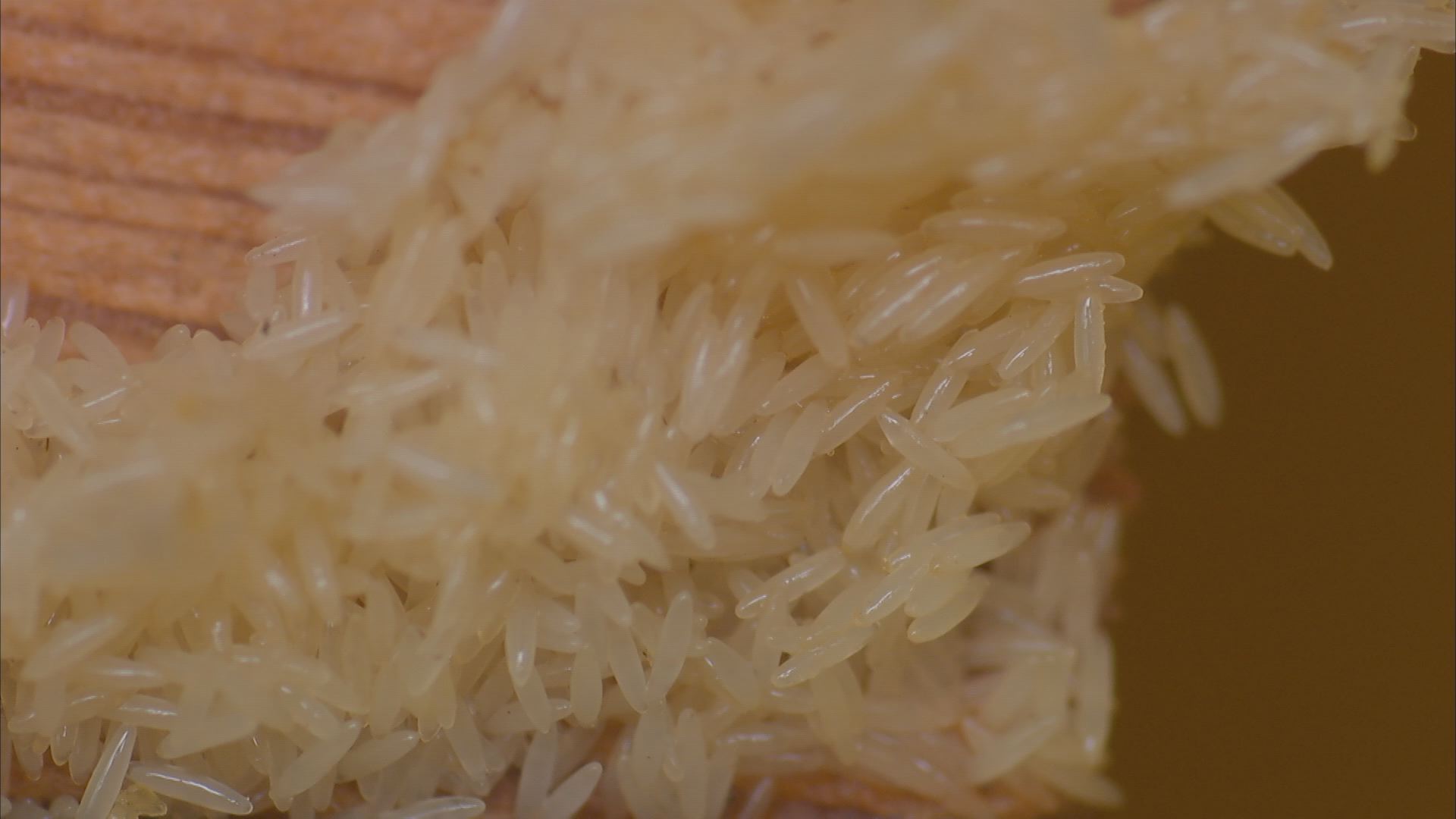
Also fascinated by black soldier flies is Dr. Chen Shih-Hsiung, the dean of the College of Technology at Nanhua University. At his own farm, he raises chickens and ducks while also growing vegetables, achieving a completely zero-waste operation. He believes that for agriculture to achieve resource recycling, black soldier flies play a crucial role.
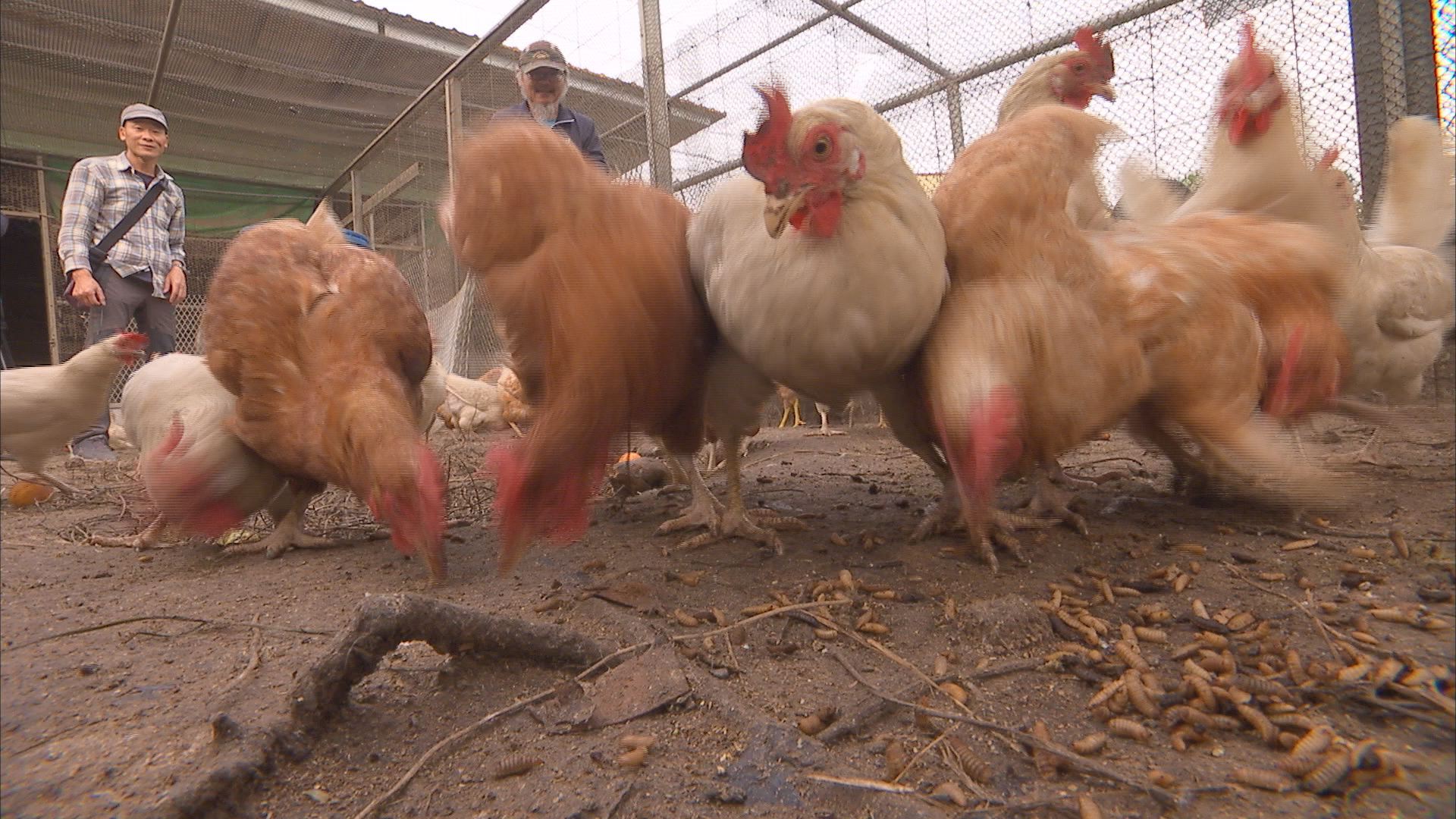
Taiwan generates two thousand tons of food waste daily, with most of it ending up in incinerators, and only a small portion being used to feed pigs or for composting. However, both methods face challenges. In pig farming, there are concerns that feeding food waste may lead to the production of denatured proteins, which could cause mad cow disease. In terms of composting, food waste can take up to two months to decompose, requiring sufficient space for processing, which is currently a major issue. Additionally, composting animal manure or high-fat foods can be problematic due to excessive salt or fat content, which may adversely affect the soil.
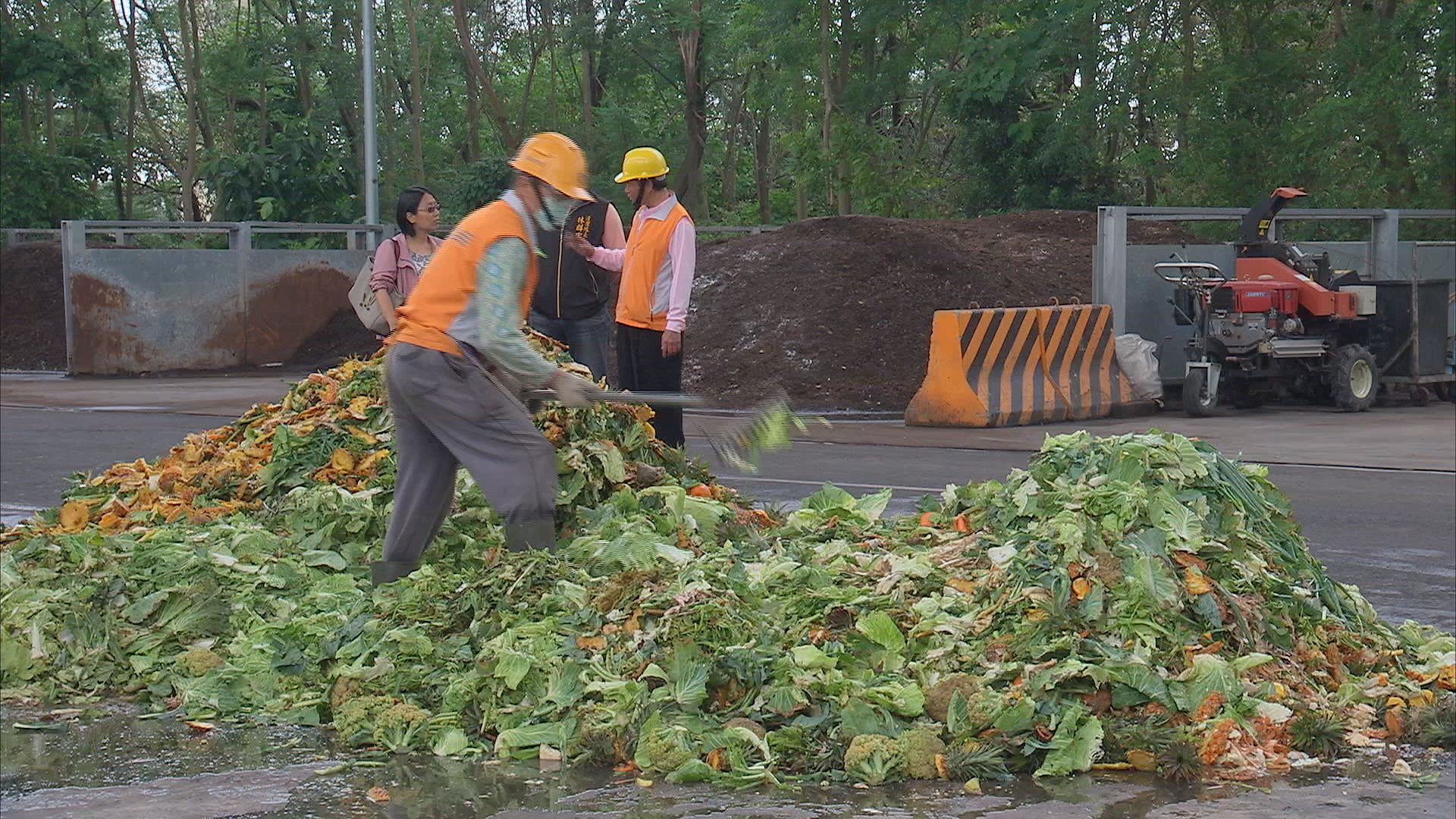
In fact, decaying meat and manure contain high-nutrient protein amino acids, and if these nutrients can be converted by insects, their value can be preserved. Since 2011, the Hsinchu branch of the Livestock Research Institute has been studying black soldier flies, initially to address the issue of cattle manure. Currently, the Hsinchu branch can process about one ton of cow manure daily using black soldier flies. The larvae can be used as animal feed, and their dried excrement is odorless and can be made into various organic fertilizers.
Now, black soldier flies are also making their way into schools to help solve the issue of food waste. Minhe Elementary School in Chiayi County boasts a rich ecosystem, where various butterflies and stick insects are being rehabilitated. The elementary students observe daily and are well-acquainted with the insects on campus. Since 2017, the school has installed an aquaponics system on the rooftop, providing a new outlet for the food waste generated from daily lunch meals.
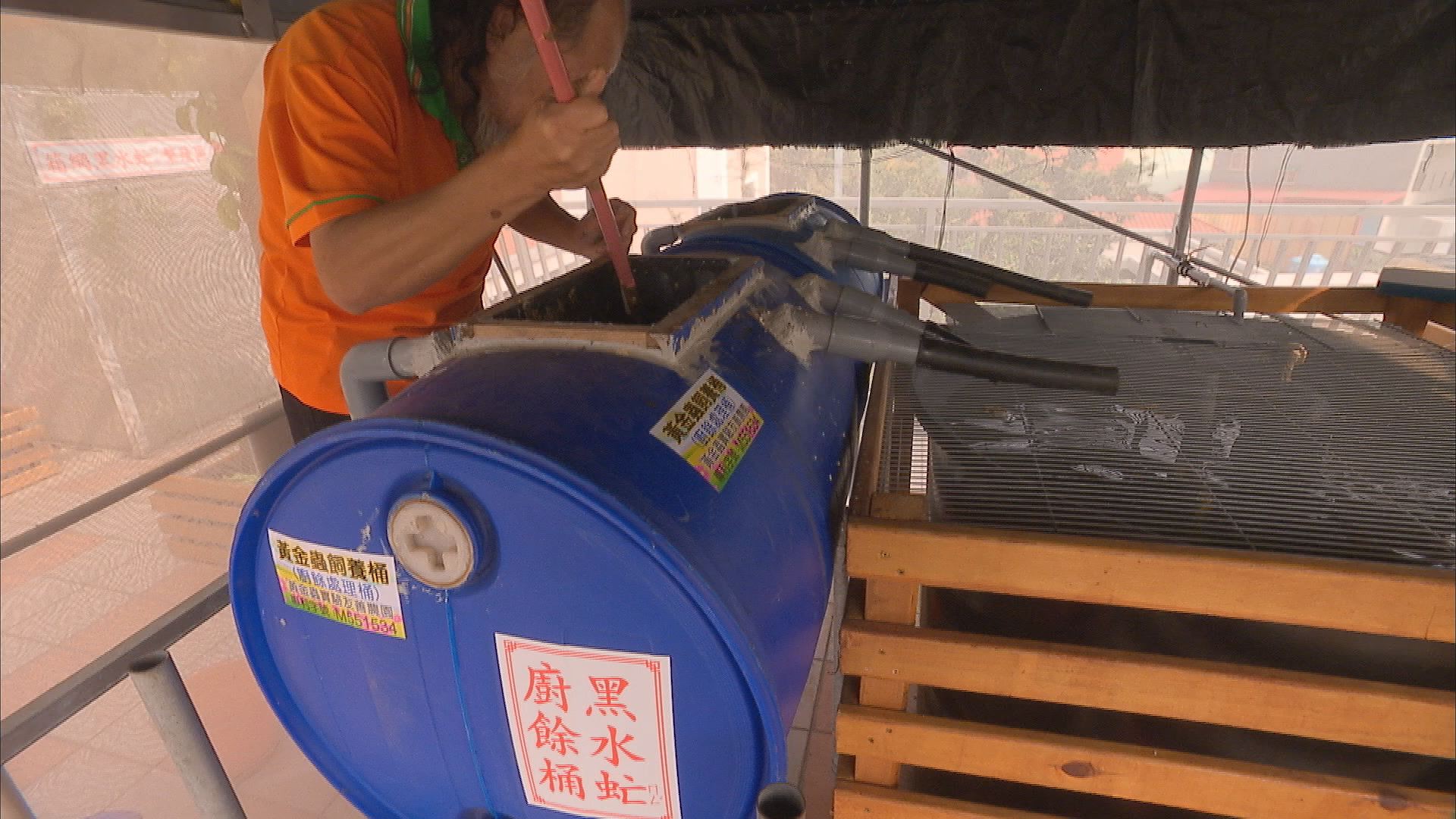
This system, which combines aquaponics with black soldier fly farming, was invented and implemented by the Chiayi Yi Mi Community College. The entire system is easy to manage. The liquid food waste does not need to be filtered; it is all poured directly into containers to raise black soldier fly larvae. The adult flies automatically crawl out through a pipe and fall into the fish pond to feed the fish, and the water from the fish farming is then used to grow vegetables. The students plant and harvest the greens, which are then donated to a nearby community dining hall for the elderly. The school reports that this system can process the food waste generated by approximately 400 students each day.
